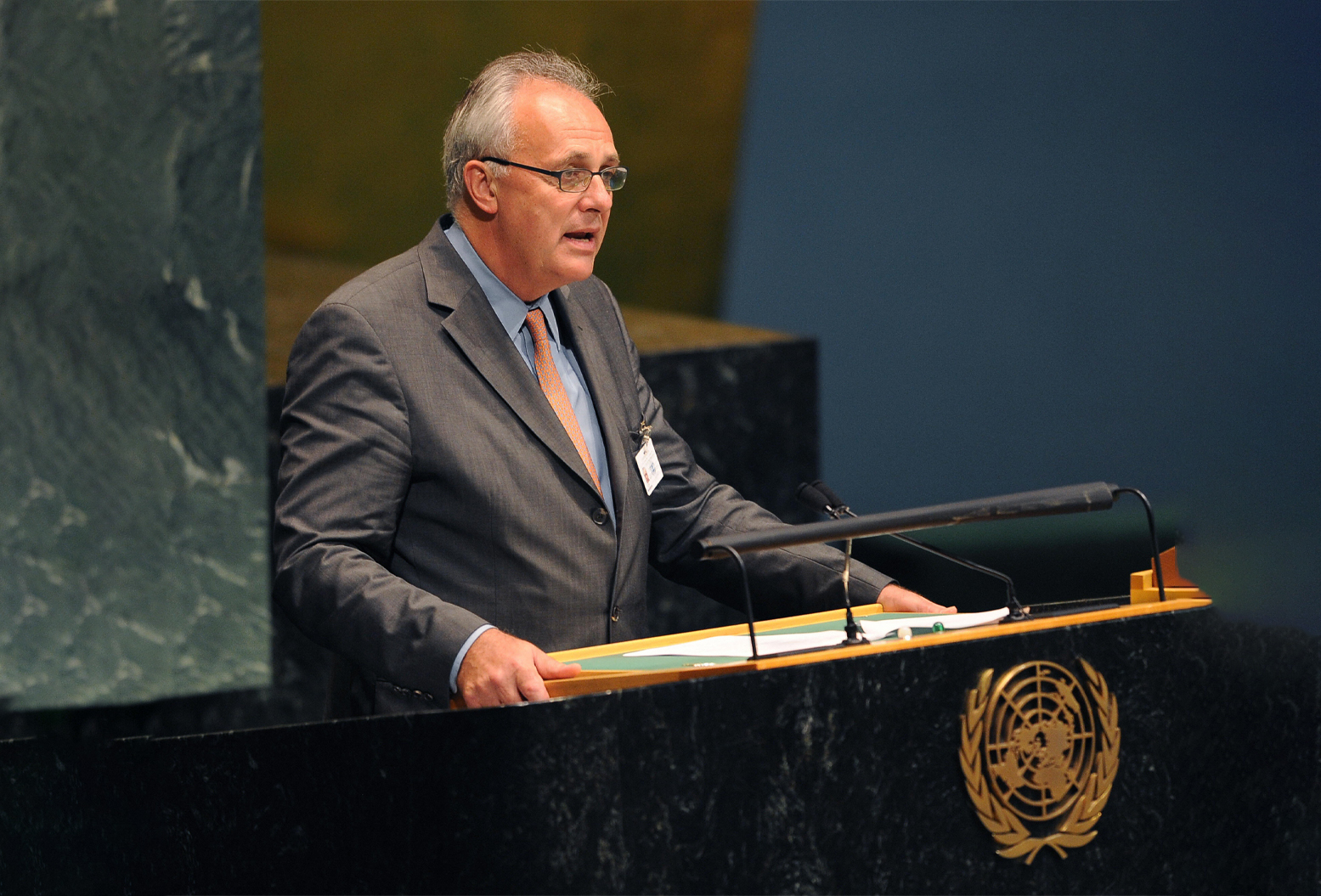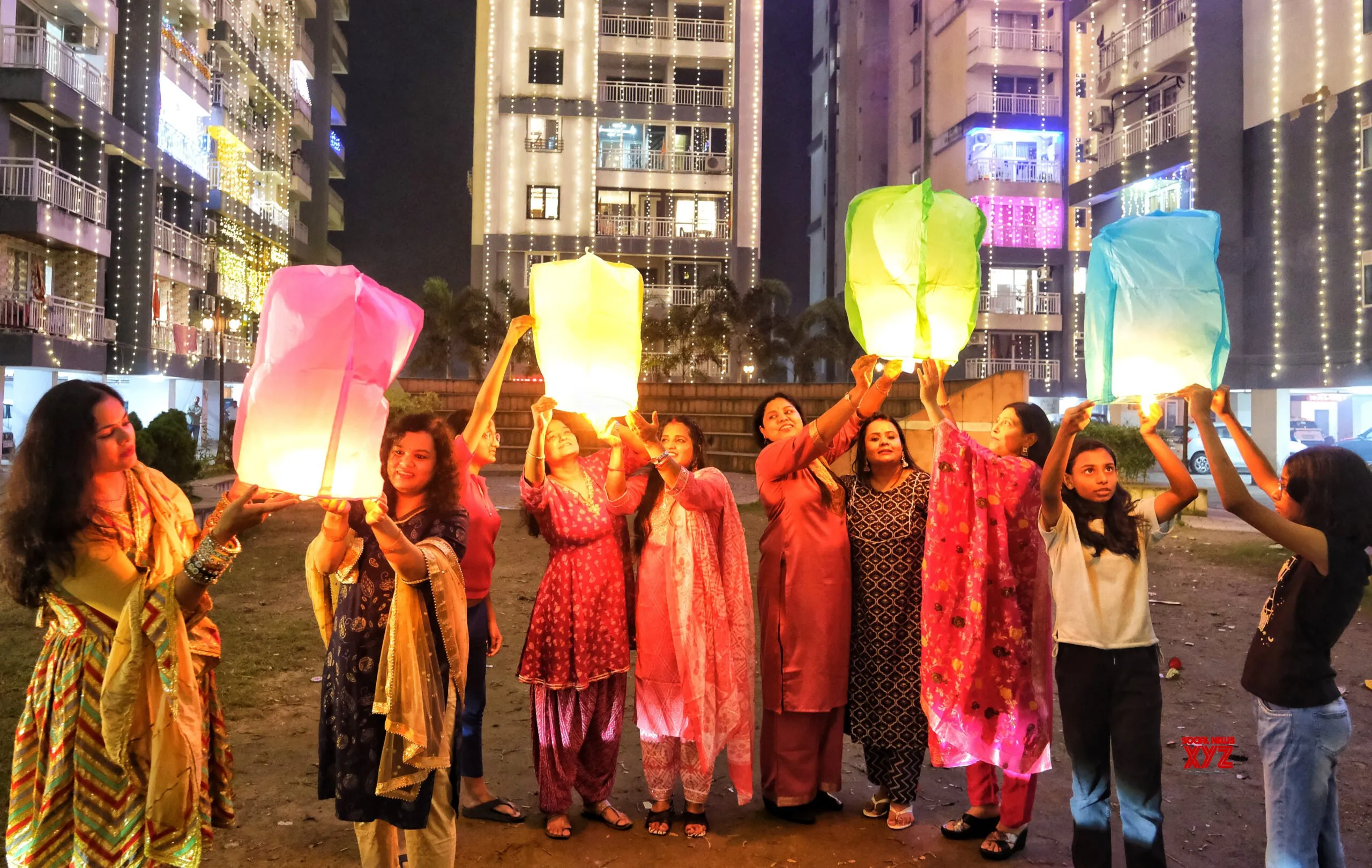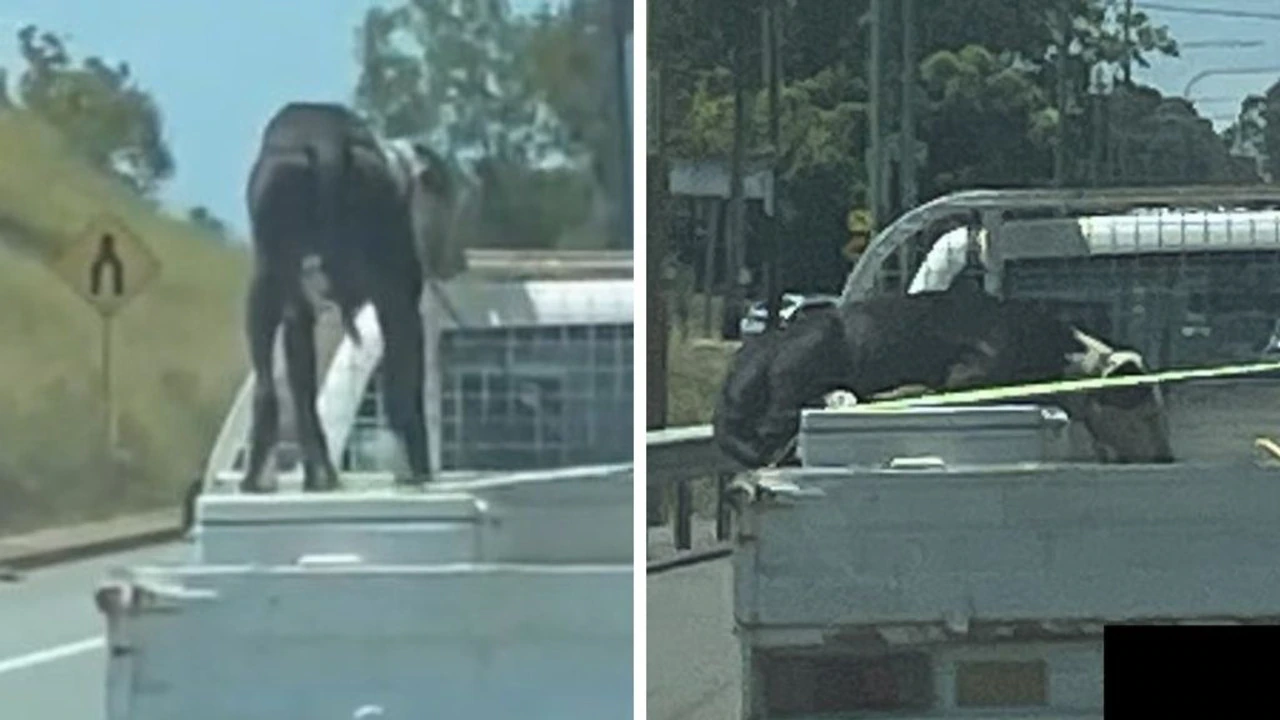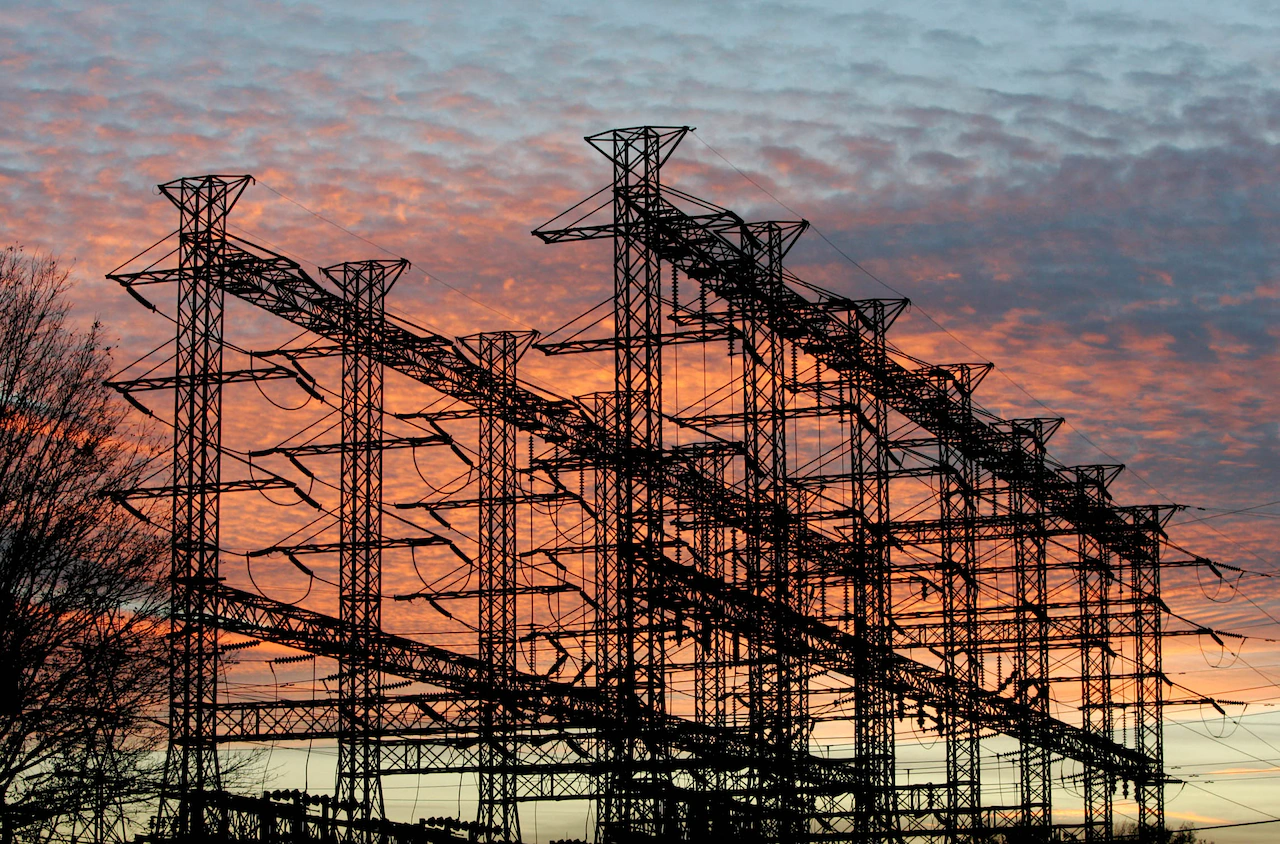Copyright newstatesman

After almost five decades working in global development, Mark Malloch Brown is finally semi-retired. Emphasis on semi. Now just past his 72nd birthday, he officially gave up his role as president of Open Society last year, but the diplomatic world is having a hard time letting go of its man in London. Just recently he received several phone calls asking him to “intervene” in a shipping row at the UN’s maritime body. He was a little bewildered. “I mean, I wasn’t following it that closely. I thought, it’s none of my business.” But he hasn’t taken up gardening quite yet. On the day we meet he’s looking every bit the working diplomat in a well-fitting grey suit, and is remarkably sprightly given he landed from one of his frequent trips to the US hours earlier. He’s squeezed me in before a speaking engagement at a top law firm’s dinner, where he’ll give them his thoughts on the state of the world. I ask for a preview. “I think Trump’s going to learn the hard way,” he says of the President’s deal-making approach to diplomacy. “You know, you can’t just make a declaration from the Oval Office in the White House and think ‘job done’. It doesn’t work.” As many commentators, including some in the pages of this magazine, are proclaiming the death of UN-style diplomacy, Malloch Brown reads the tea-leaves rather differently. He points to the dispatching of JD Vance and Jared Kushner to Tel Aviv days after the Gaza peace deal was signed to keep Israel in line. The immediate faltering of the ceasefire shows that businessman deal-cutting simply doesn’t work for complicated geo-political situations, Malloch Brown thinks, so we will inevitably “flip back to a more serious style of diplomacy.” It may not be a surprising opinion from a man for whom serving as head of development and deputy secretary general of the UN from 1999 to 2006 was “the happiest years of my life”. But Malloch Brown believes the UN has weathered worse storms than the present moment. He cites his time in the 1980s working as a young planner for the refugee arm on the Cambodia-Thai border. “Whenever people try and do interviews with me I never get far beyond these years, despite having done a few things,” he says. “It was an extraordinarily personally formative time but it was also just an extraordinary episode of humanity to watch.” That was the beginning of a new period for UN High Commissioner for Refugees (UNHCR), which was originally set up to look after the refugees from World War Two. The standard process – identifying refugees and sending them back to their home countries – clearly wasn’t going to work outside of Europe. “We were moving to massive refugee flows in developing countries, where the host government was not willing to carry the burden of assistance. Instead, it was a huge assistance operation,” Malloch Brown recalls. It meant starting from scratch and developing a new system for refugee management on the spot. Malloch Brown ended up writing the emergency response handbook that UNHCR still use today, and spent the next few years jumping from one war-torn country to the next, directing the refugee responses. But he had bigger plans than just being “the guy with the band-aid”. If the “root cause” of suffering was “bad governance”, he reasoned, there had to be merit in promoting good leadership and diplomacy. He wrote a monthly column on development for the Economist for a while, then after a spell as a political communications consultant he went on head up development at the World Bank. Eventually, it was a friend from Malloch Brown’s early years at UNHCR who persuaded him that the UN was the place to make a real difference – Kofi Annan. When Annan became secretary general, Malloch Brown followed him to the organisation, ending up as his deputy by 2006. “I really felt we were making the kind of long term difference you couldn’t with refugee work,” he recalls. The pride he takes in the organisation’s achievements is palpable as he reels them off: the number of people living in extreme poverty halved by 2010, life expectancy increased by five years by 2015. Smiling, he recounts seeing the UN’s Millennium Development Goals on building blocks in a classroom in Vietnam. These changed at a faster rate than at any time in human history. And it was because of great governments… But you know, it was also because of this international cooperation. They all came together.” He knows that this period is over, with Western leaders especially seeming to have lost the will to engage with the UN. And yet, as the title of his 2011 book The Unfinished Global Revolution suggests, the work he began during this period is far from over. “I wish we could look for something bigger,” he concedes, accepting the reduced role the UN has been forced to accept in global diplomacy. “It seems to me there are two groups of countries who actually have not given up on the UN at all. One is emerging powers, and that is the sort of Brazil, India, South Africa, Mexico… Their immediate direct influence is regional, and if they are to project their voices onto the global stage, they need the UN as a platform to do that.” The second group is small countries who “believe profoundly in the rule based system, where if your big neighbour does something horrible to you, you have some structure in which you can appeal.” The US vetoed a call for a ceasefire in Gaza six times, including in September when Trump was about to announce his own plan for peace in the region. With situations like these it’s hard to see how smaller countries still having faith in the UN matters if they are being blocked by the major old-world powers. Malloch Brown sees a path forward if there is a “shift of power” away from the Security Council and towards the General Assembly. He also thinks consensus voting, where no formal vote is undertaken but there must be no member state with a “strong objection”, should be shelved in favour of majority voting. This shift won’t be easy. A Cambridge man, Malloch Brown can’t resist drawing a classical comparison. “The degree of anger and resentment that’s building up against the US… it’s an almost Oedipal story, because the US was the UN’s founder, designer, inspirer”, he says. “Now a new generation of UN leadership is going to have to defy the parent.” But Trump will not go quietly. “If you’d asked me a few years ago, I would have said America was gradually just falling back. You know, it had a series of presidents under whom it was essentially beginning to defer to others and saying, yes, we’re still the world’s first power, but we don’t have the will or capacity to be the policeman anymore.” Malloch Brown sees Trump as an expression not of America’s new confidence, but of it’s new insecurity. “It’s only an America which is in a state of real internal angst and unable to lead in the world that would have produced a president like Trump.” Only an optimist could devote an entire career to improving living standards across the world, and Malloch Brown hasn’t lost his ability to see the bright side. When I ask him to consult his crystal ball one final time before he leaves for the lawyers, it’s clear he hasn’t given up hope on the US just yet. Trump might be tearing up the rule book on international relations right now, but the destruction he’s leaving in his wake might just persuade world leaders that the old way of doing things wasn’t so bad after all. “Perversely, it’s not impossible that one outcome of Trump would be to renew that original international social contract,” he muses. “I think there will be a reaction in America. There was a reason that America interfered all over the world. These were the markets which made its industries rich. … Washington has lost touch with America, yes, and that allowed space for Trump, but it might also allow us space for a reaction. That could be, some governor comes out of some small state somewhere, and says, actually, it really matters to America that we have a world that’s peaceful and which likes us and where we play our proper role as the world’s biggest economy.” Those of us who haven’t spent our lives at the forefront of global politics might struggle to believe such an about-turn is possible. “I was surprised by Trump at the time [he was elected],” Malloch-Brown admits. “But as I step back and look at that great sweep of history, I’m not surprised now.” [Further reading: Donald Trump is tearing the UN apart]



